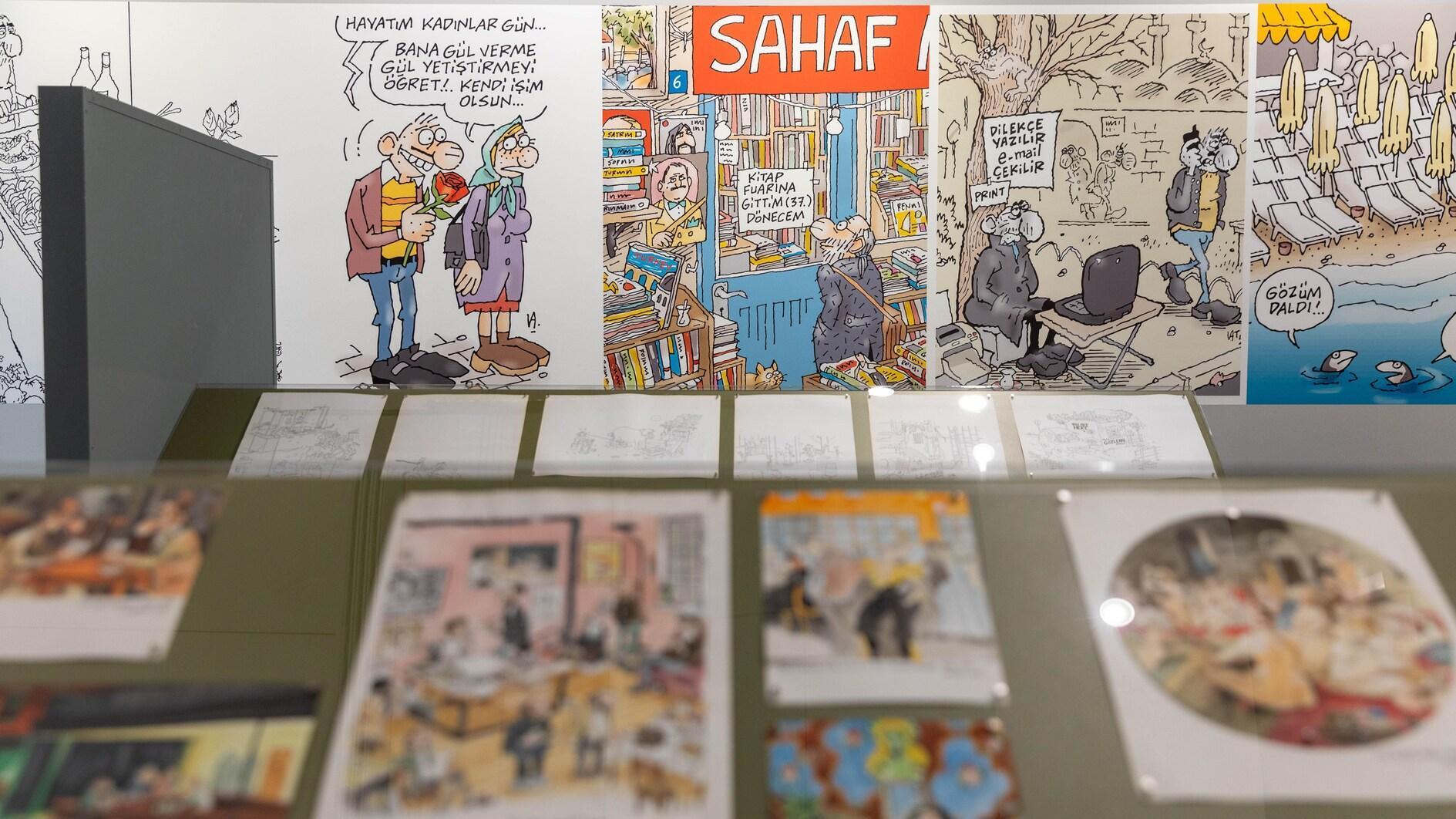Syrian international legal stalemate
KAMAL MALİKİ ALİYEV
While the tragic events in Syria are still bringing around 100 civilian deaths every day and the total number of victims is now estimated at more than 5,000, the international community has yet to decide how to react to the situation. Dec. 20, 2011 is now called the bloodiest day in the whole Syrian crisis. Syria’s major opposition group has already condemned the government for its “brutal massacres” this week and called on the United Nations to protect civilians against “acts of genocide.”Although the situation itself cannot be considered as amounting to the crime of genocide, widespread facts of crimes against humanity are quite evident in the Syrian crackdown. Such a situation in itself produces enough threats to peace and security in the world for the U.N. Security Council to be concerned with the situation. Anti-government protests have rattled Syria since the spring of 2011. The opposition demands resignation of the regime and is being backed by the United States and EU countries, which have already imposed a number of economic sanctions against Syria. However, these measures were not enough to bring parties to peace and stop bloodshed in the country.
The U.N. Security Council reacted to the situation with a draft resolution condemning President Bashar al-Assad’s crackdown on the protesters. That resolution was successfully blocked by Russia and China, both vetoing the document. Recently, Russian representatives in the U.N. Security Council have circulated a draft resolution calling for an end to violence in Syria. The draft openly demands that “all parties in Syria immediately stop any violence irrespective of where it comes from.” However, it does not impose any sanctions on the Syrian government whatsoever. The draft is still being considered by the U.S., which makes it clear that it would like to see the strengthening of the “Russian draft.” The U.S. specifically expresses concern that the draft is as critical of demonstrators as it is of Syrian forces. Meanwhile, the monitoring mechanisms deployed by the Arab League and agreed to by the Syrian government evidently lead to nowhere, thus bringing the Syrian case into a legal stalemate.
So why is there no consent on the part of the Security Council? So far both Russia and the West agree only that the main role in negotiating peace in the country should belong to the Arab League. The problem is the fresh memory of the Libyan resolution in the Security Council. In the Libyan case, the U.S. and EU countries’ interpretation of the strict resolution on the situation was so wide it included participation on one side of the civil war, which led to the change of the regime in Libya and ultimately to the brutal death of former dictator Moammar Gadhafi, who (although an international criminal) should have been brought to justice.
It is only logical that in a situation like this, Russia and China will be more reluctant to vote for any resolution in the Security Council that would have even slight room for the interpretation that would lead to an enforced change of the Syrian regime. At the same time, the U.S. is in the position where it feels that stronger pressure on Syria is needed for the mitigation of atrocities. At least the statements of the White House press secretary are in accordance: “The United States continues to believe that the only way to bring about the change that the Syrian people deserve is for Bashar al-Assad to leave power… Time and again, the Assad regime has demonstrated that it does not deserve to rule Syria. It’s time for this suffering and killing to stop. It’s time for the immediate and full implementation of all terms of the Arab League agreement, including the full withdrawal of security forces, the release of political prisoners, and unfettered access by monitors and international media to all parts of Syria…”
Ultimately, the struggle for the resolution will continue, while the atrocities in Syria are far from their logical ending. These kinds of legal stalemates that are heavily dependent on the political will of the states undermine the sole role of international law in situations that threaten international peace and security. On the one hand, we have a situation where the action of the states is needed to prevent further loss of human life and international crimes; on the other hand, however, we see the reluctance of states to act due to the questionable actions of other states when interpreting and implementing international law.
It is only left to hope that during negotiations in the U.N. Security Council its members will be able to come to a consensus, and soon, otherwise the international community will once more prove too slow to react to the threats it’s faced with. And then, who knows how many more “Syria[s]” there will be?
Dr. Kamal Makili-Aliyev is a leading research fellow at the Center for Strategic Studies (SAM).











